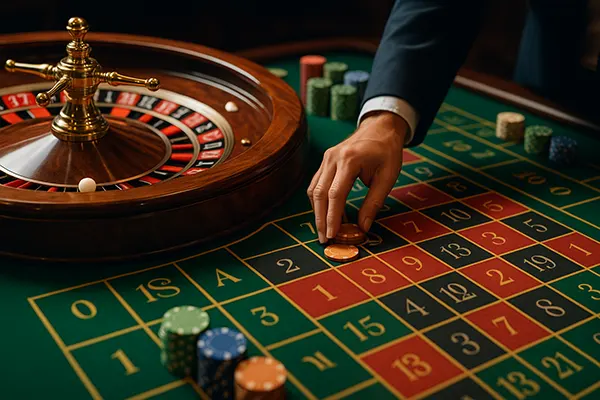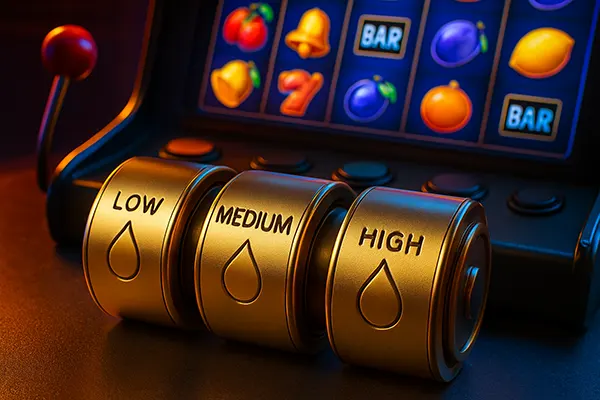Analytics of Major Wins and Losses in Roulette: Real Case Studies

Roulette has always been one of the most fascinating casino games, known for its unpredictability and the dramatic stories it creates. From legendary wins that made headlines to crushing losses that serve as cautionary tales, the game offers countless lessons for players and researchers alike. This article examines real cases of major wins and losses, exploring their context and the insights they provide into risk-taking, strategy, and probability.
Historical Big Wins in Roulette
Throughout history, several players have achieved astonishing victories at the roulette table. One of the most notable was Charles Wells, who became famous in the late 19th century for “breaking the bank” in Monte Carlo by winning large sums repeatedly. His success, however, was not solely based on luck—suspicion of cheating followed him for years.
Another remarkable case occurred in 2004 when a group of British gamblers used laser scanners and microcomputers to measure the speed of the wheel and ball at the Ritz Club in London. Their winnings totalled over £1.3 million before the casino introduced advanced countermeasures. This case demonstrated how technology could temporarily influence outcomes in a game designed to rely on chance.
There are also contemporary stories of players winning six-figure amounts by strategically managing bets. These cases highlight that, while luck remains the deciding factor, discipline and bankroll management can sometimes extend winning streaks significantly.
Analysing the Factors Behind Big Wins
Successful players often share certain traits, such as patience, observation, and the willingness to walk away while ahead. In the case of Charles Wells, whether through sheer audacity or manipulation, his ability to capitalise on a favourable run was central to his legend. Similarly, the Ritz team relied on data-driven precision rather than blind chance.
Another important factor is timing. Many of the largest wins happened during periods when casinos had less sophisticated monitoring systems, giving resourceful players an edge. Today, advanced surveillance and random number verification reduce such opportunities.
Ultimately, these stories serve not only as entertainment but also as a reminder that even in a game of chance, preparation and observation can sometimes alter the odds, even if only temporarily.
Infamous Roulette Losses
For every tale of fortune, there are stories of dramatic losses. One of the most tragic was that of Joseph Jagger, who initially exploited biased wheels in Monte Carlo in 1873 but later lost much of his fortune trying to repeat his success. His experience illustrates how past results cannot guarantee future performance.
In more recent years, countless gamblers have lost life-changing sums by pursuing betting systems such as the Martingale strategy, which involves doubling bets after every loss. While this approach promises eventual recovery, it often collapses under table limits or depleted bankrolls, leading to devastating financial consequences.
There are also reports of professional athletes and celebrities losing millions in single roulette sessions, underscoring the dangers of excessive risk-taking when emotions override rational decision-making.
Lessons from Losses
These losses emphasise the importance of responsible gambling. Unlike skill-based games such as poker, roulette offers no long-term advantage for the player. Betting systems may create the illusion of control, but mathematics dictates that the house always has the edge.
Psychological factors also play a significant role. Many heavy losses occur when players chase their previous wins, believing that persistence will eventually reverse their fortunes. This behaviour often leads to spirals of escalating bets and deeper losses.
By studying these failures, researchers and players can better understand the risks of unchecked gambling habits, reinforcing the need for limits, discipline, and awareness of probability.

Modern Case Studies and Data Insights
Today, the availability of data has allowed analysts to examine roulette outcomes on a much broader scale. Reports from major European and American casinos reveal that while small wins are common, large-scale wins are extremely rare compared to catastrophic losses. The balance is tilted firmly in favour of the house in the long run.
Online casinos also provide valuable statistics. Data from regulated markets in 2024 showed that over 70% of roulette sessions ended in net losses for players, while less than 1% recorded substantial gains. These figures confirm the consistency of the house edge across both physical and digital environments.
Nevertheless, new technologies such as artificial intelligence are increasingly used by researchers to model roulette outcomes. While these tools cannot change the underlying probabilities, they help illustrate behavioural patterns and the impact of different betting systems on long-term results.
Future of Roulette Analytics
The study of roulette outcomes is evolving, with greater emphasis on responsible play and data transparency. Regulators are pushing casinos to provide players with clearer information about risks, win ratios, and average returns to help prevent harmful behaviour.
Gamification and real-time statistics are likely to shape how players interact with roulette in the coming years. While these innovations may make the game more engaging, they also highlight the need for players to remain aware of the underlying mathematics that favours the house.
Ultimately, roulette will continue to inspire stories of extraordinary wins and heartbreaking losses. The key lies in recognising its nature as a game of chance and approaching it with realistic expectations and responsible behaviour.




